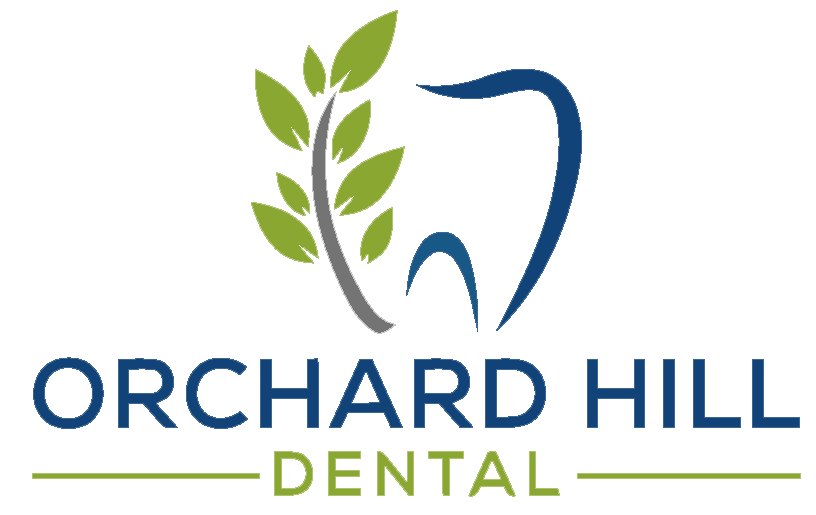Stress is something everyone experiences at different times in their lives. It can come from school, work, family issues, or even big life changes. While many people know that stress can affect their overall health, like causing headaches or stomachaches, not everyone knows that stress can also have a big impact on your oral health. Stress is a part of life, but it’s important to manage it so it doesn’t harm your oral health

Teeth Grinding and Clenching
One of the most common ways stress shows up in oral health is through teeth grinding and clenching, also known as bruxism. Many people grind or clench their teeth when stressed, often without even realizing it. This can happen during the day or at night while they are asleep. Over time, bruxism can cause a lot of damage to your teeth. It can wear down the enamel, which is the hard outer layer of your teeth and can even cause chips, cracks, or broken teeth. Your jaw might also hurt, and you could get headaches or earaches from all the pressure.
Gum Disease
Stress can also affect your gums. When stressed, your body’s ability to fight off infections is lowered. This means that your gums are more susceptible to diseases like gingivitis and periodontitis. Gingivitis is the early stage of gum disease and causes your gums to become red, swollen, and bleed easily. Without treatment, gingivitis can turn into periodontitis, a more serious form of gum disease that can lead to tooth loss.
Stress can also cause you to neglect your oral hygiene routine. You might skip brushing and flossing because you are too tired or overwhelmed. This can lead to plaque buildup, which is a sticky film of bacteria that forms on your teeth. Plaque can irritate your gums and lead to gum disease if not removed regularly.
Dry Mouth
Another way stress affects your oral health is by causing dry mouth. When stressed, your body produces less saliva. Saliva is important because it helps wash away food particles and bacteria from your teeth and gums. It also helps neutralize acids that can cause tooth decay. Without enough saliva, you are more likely to get cavities and gum disease. Dry mouth can also make it harder to chew, swallow, and even talk.
Canker Sores
Stress can also lead to canker sores. These are small, painful ulcers that appear inside your mouth. They can be white or yellow and surrounded by red, inflamed tissue. While the exact cause of canker sores is not known, stress is a common trigger. Canker sores usually go away on their own after a week or two, but they can be very uncomfortable while they last.
Poor Diet Choices
When stressed, people often turn to comfort foods, which are usually high in sugar and unhealthy fats. Eating a lot of sugary or acidic foods and drinks can lead to tooth decay and erosion. Stress can also make you crave snacks more often, and frequent snacking increases the risk of cavities because it gives bacteria in your mouth more opportunities to produce harmful acids.
